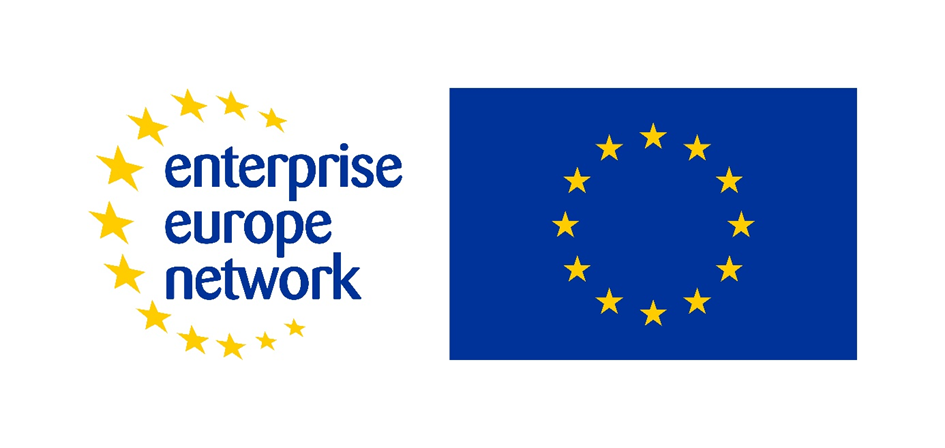European Union sanctions are spreading rapidly around the world. For Brussels-based SMEs, understanding these measures and putting in place a compliance policy can help limit legal and commercial risks. What does this mean in practical terms?
EU sanctions are an essential tool of the EU's common foreign and security policy. It now has more than 40 global sanctions regimes containing a wide range of restrictive measures, ranging from targeted individual measures (e.g. asset freezes) to more comprehensive sectoral approaches (targeting finance, trade, energy, etc.). With rising tensions around the world, EU restrictive measures are expanding at a faster pace. Beci draws the attention of Brussels SMEs to the impact of sanctions on their international activities and provides guidance for assessing risks and developing a sanctions compliance policy.
What are sanctions?
Sanctions are measures that restrict customary commercial and financial relations with a country, entity or individual. Sanctions can be comprehensive or targeted/limited. Comprehensive sanctions can prohibit business activities with a country. Targeted or limited sanctions may prohibit transactions with particular companies, groups or individuals. Sanctions may be imposed by countries or groups of countries (e.g. the European Union) as part of their foreign or national security policy. Sanctions can take the form of financial restrictions, import and export bans, freezing of funds and assets, and travel bans.
What are the main impacts of sanctions on SMEs?
Sanctions may include several prohibited acts, including the carrying out of a transaction involving the property of an entity or person on a sanctions list; the granting of credit or financing to a sanctioned entity or person; or the export and import of goods, services or technology to and from a sanctioned country, entity or person in certain sectors.
Failure to comply with sanctions may result in civil, criminal and administrative liability. Beyond their legal consequences, sanctions also entail a range of practical implications, including commercial disruption, termination of contracts, limitations on credit and/or market access, difficulties in cross-border payments and reputational damage.
What can SMEs do?
In order to anticipate risks, SMEs are advised to put in place measures to comply with sanctions policies.
Risk assessment
Establish a list of all the territories where the company operates, the routes of shipment, provenance and destinations of products, as well as all goods, services, technologies and business partners involved in the operations in order to identify potential vulnerabilities.
Sanctions compliance policy
Establish a policy on compliance with sanctions by establishing protocols in the following areas: management engagement, risk assessment, internal controls, audit, training.
If a potential violation is identified, take active steps to investigate and consider self-reporting. Disclosures of this type are encouraged and can be considered mitigating.
EU Sanctions Helpdesk, an EU SME Helpdesk
The European Commission has launched the EU Sanctions Helpdesk platform to help European companies comply with restrictive measures or sanctions imposed by the European Union worldwide.
The service offers assistance, resources and personalised support to businesses, mainly SMEs that carry out sanctions due diligence checks, at no cost to businesses.
The personalised helpdesk provides direct and individual exchanges with experts to help carry out sanctions due diligence checks.
https://eu-sanctions-compliance-helpdesk.europa.eu/support-service_en
Guides, examples of good practice, news are available on the platform.
Lists and tools
EU sanctions map: A visual map of the EU sanctions world, with links and additional information on specific sanctions affecting each country.
Scoreboard of the EU Sanctions Monitoring System: Updates on changes to EU sanctions against individuals and groups with figures and graphs.
Consolidated list of persons, groups and entities subject to EU financial sanctions: Complete list of the more than 5,000 individuals and entities subject to financial sanctions and asset freezes.
Consolidated list of persons subject to travel restrictions under EU sanctions: List focused on entry restrictions or travel bans.
Source: European Commission and ICC
As the Enterprise Europe Network contact point for Brussels companies, Beci and its Enterprise Europe Brussels experts can answer additional questions related to sanctions regimes. Contact Beci - Enterprise Europe Brussels for any information or advice.
